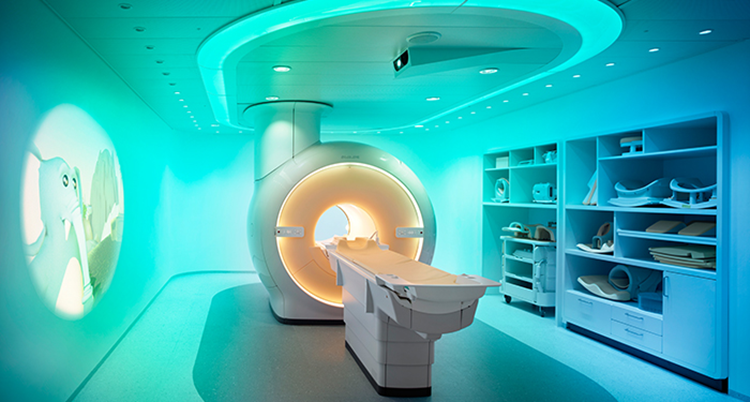
An Australian and US research team, Dr Mandy Ballinger, Professor David Thomas (Garvan Institute of Medical Research), and Dr Ana Best and Dr Sharon Savage (National Cancer Institute, National Institutes of Health, USA) have shown conclusively that whole-body MRI detects primary cancers in people with an inherited cancer risk condition called Li-Fraumeni syndrome, at an early and curable stage, -at a rate of approximately one cancer per 10 individuals tested.
These findings are set to change clinical practice in monitoring those at high genetic risk of cancer and have been published today in leading cancer journal JAMA Oncology …continue reading at the Garvan Institute of Medical Research website.
Acknowledgement: Original article from the Garvan Institute of Medical Research.
Professor David Thomas (Director, Kinghorn Cancer Centre, Garvan Institute of Medical Research), leads the Australian Genomics cancer flagship, ‘Managing patient risk – AYA / PAED’. It aims to compare the genetic implications of patients recruited based on age-of-onset with family history, and to identify the spectrum of clinically actionable variants across a broad range of cancers, based on age of onset.

